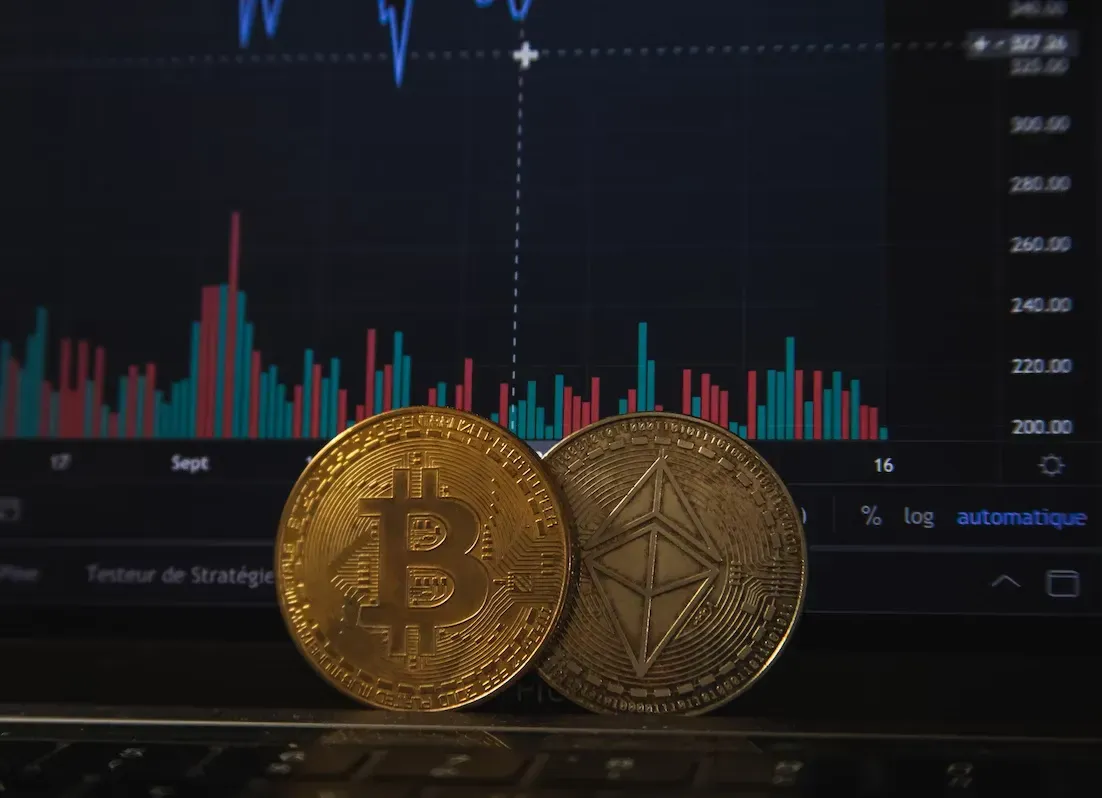
The incorporation of AI, blockchain, and other advanced technologies in the industry has significantly reduced the need for manual tasks. The convergence of artificial intelligence and blockchain technology in IoT is also a noteworthy development.
New Developments in the Industry
The current demand is to acknowledge the increasing online threats and implement effective strategies to combat them. For instance, a VPN offers a secure and encrypted link between your device and the internet, keeping your online movements confidential and safeguarded from intrusive individuals. By connecting to the internet through a VPN for a router, you can be sure that your information will travel via a remote server.
With some practice, setting up VPN on a router won't take you longer than a few moments. For instance, VeePN forms a secure tunnel, encrypting your internet activity and shielding it from anyone attempting to eavesdrop. You can get a free trial to test it out.
If you have never used such services, you may need to learn how to set up VPN on a router first. Below, we have described three major emerging technologies that are set to impact the cybersecurity sector positively and negatively.
Artificial Intelligence
Many people wonder: "What are the emerging trends in information technology?" AI and machine learning are key players in the future of cybersecurity. These advanced technologies have the ability to sift through vast amounts of data and uncover patterns and anomalies that could be indicators of a cyber threat.
In doing so, organizations can rapidly identify and react to potential attacks, lessening the potential for harm and limiting the fallout from a breach.
The global AI market is expected to reach $1,811.8 billion by 2030. AI-based cybersecurity solutions have the added benefit of automating tedious security tasks, thus releasing human resources to address more intricate challenges.
With the power of AI and ML, organizations can anticipate future cyber threats by examining historical information and trends. This proactive approach to identifying potential threats can significantly reduce the risk of successful attacks, thereby enhancing overall security.
ChatGPT utilizes an innovative AI and machine learning algorithm to deliver prompt and precision-based solutions to its users.
In essence, AI entails the development of machines with the ability to perform tasks that typically require human intelligence, while machine learning facilitates computers in generating forecasts from data without requiring explicit programming.
Nevertheless, ChatGPT is susceptible to a range of security hazards, including malware, impersonation, phishing emails, and data theft.
Blockchain
The future of cybersecurity is marked by an upcoming trend: the integration of blockchain technology. This technology is a decentralized ledger that guarantees secure storage and transmission of information. Enhance your security measures and enjoy special savings with a ledger discount code for added peace of mind. You can also look for deals, such as an Old Navy discount code, to make smart choices while managing costs online.
Due to its decentralized nature, it is highly challenging for cybercriminals to hack a blockchain network. Consequently, more people are adopting it for applications that require ultra-high security levels.
This is especially pertinent for industries such as finance, healthcare, and government, where cyber breaches could have dire repercussions.
This industry is expected to be worth $163.83 billion by 2029. The use of Blockchain technology assures secure and authorized data storage and transmission, rendering it nearly impossible for malicious entities to alter any data. Still, certain security risks, such as hacking attempts, digital wallet fraud, or theft, persist as potential issues to consider.

IoT (Inter of Things)
The booming growth of the Internet of Things is poised to greatly affect cybersecurity moving forward. These widely used devices are frequently employed to operate crucial systems and infrastructure.
Unfortunately, many of these IoT devices are poorly secured and easily infiltrated by cybercriminals. As a consequence, organizations must take steps to enhance their security measures in order to safeguard against IoT-related cyber risks. Measures like updating IoT device firmware and software, or substituting them with more secure devices that feature multiple levels of security (such as 2FA) may be necessary.
Smart home security systems provide the benefit of monitoring your home right from your mobile device.
However, if these systems are left unsecured, they become vulnerable to hacking. The live feed may be viewed and personal information may be stolen. What's worse is that intruders may gain entry into your home.
Hence, it is of utmost importance to ensure that all IoT devices are secured to prevent unauthorized access and safeguard sensitive data.
The emerging technological trends can revolutionize the field of cybersecurity. Through the implementation of these state-of-the-art tools, organizations can acquire a comprehensive awareness of their security threats and weaknesses and take predictive measures to mitigate them.
However, it is crucial to safeguard all equipment and systems to prevent any breaches and malicious attacks. By taking preemptive security measures and relying on the best VPN services, organizations can guarantee the safety of their valuable data and assets against any potential cyber assaults.